Ponder these suggestions:
- Carefully consider the breed when choosing a dog since some breeds can be more aggressive than others. A veterinarian can help you decide which breeds best suit your lifestyle. Also note: some insurers may not insure all breeds, so check your insurance policy for limitations.
- You may want to spay or neuter you dog since this often decreases aggressive tendencies.
- Socialize your dog from an early age to encourage and foster appropriate behavior.
- Never leave dogs alone with small children.
- Avoid playing aggressive games like tug-of-war with your puppy or dog.
- Do not place your dog in a situation where it can be teased or feel threatened.
- Train your dog to obey commands.
Another loss exposure to consider.
You may face liability claims if your dog gets out in the road and causes or contributes to an auto accident. Homeowners can be sued for violation of leash ordinances by allowing their dog to "run at large." Use a well-maintained and sturdy fence or other safeguards to reduce this exposure.



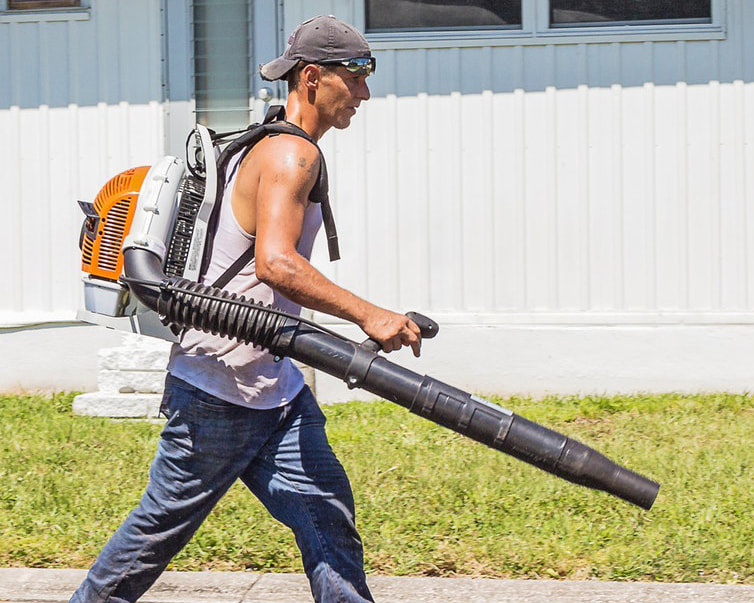
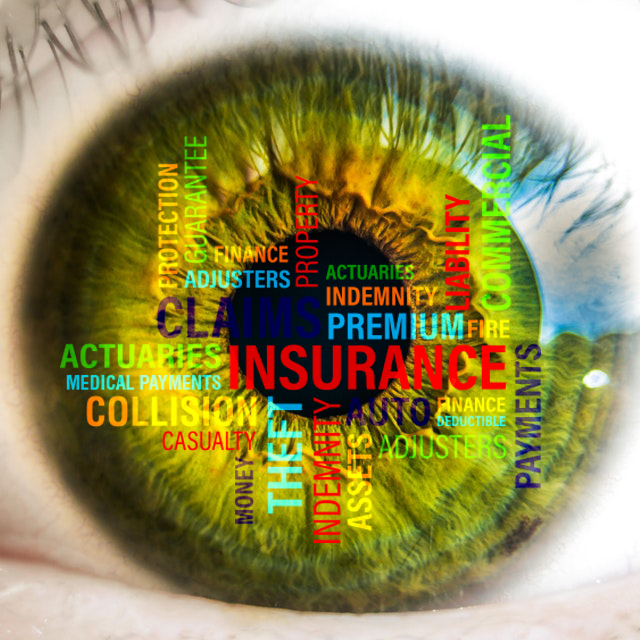
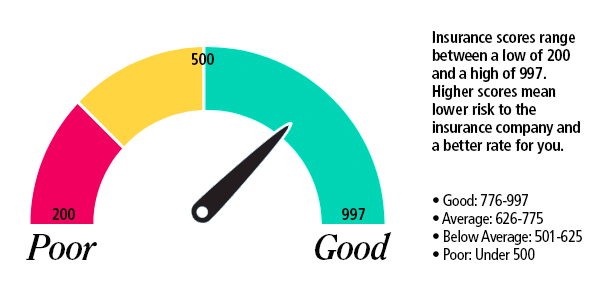


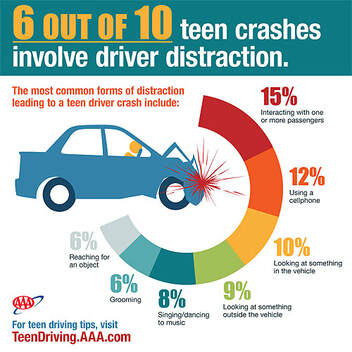
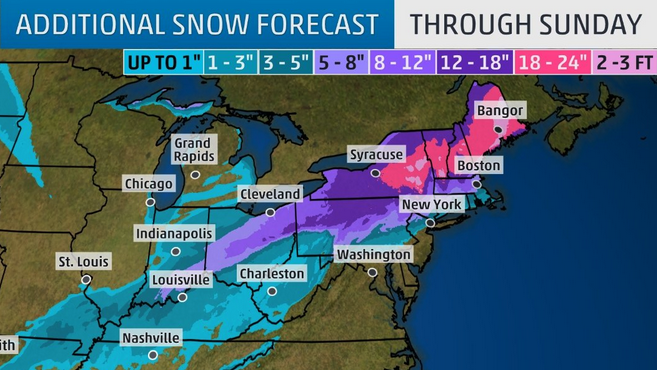
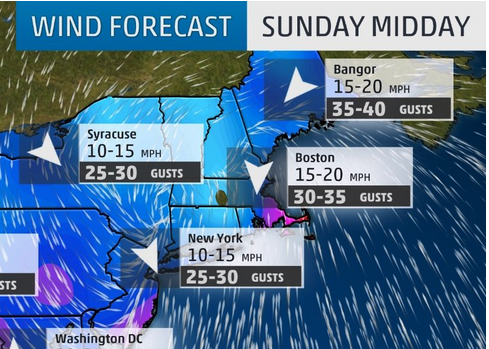

 RSS Feed
RSS Feed